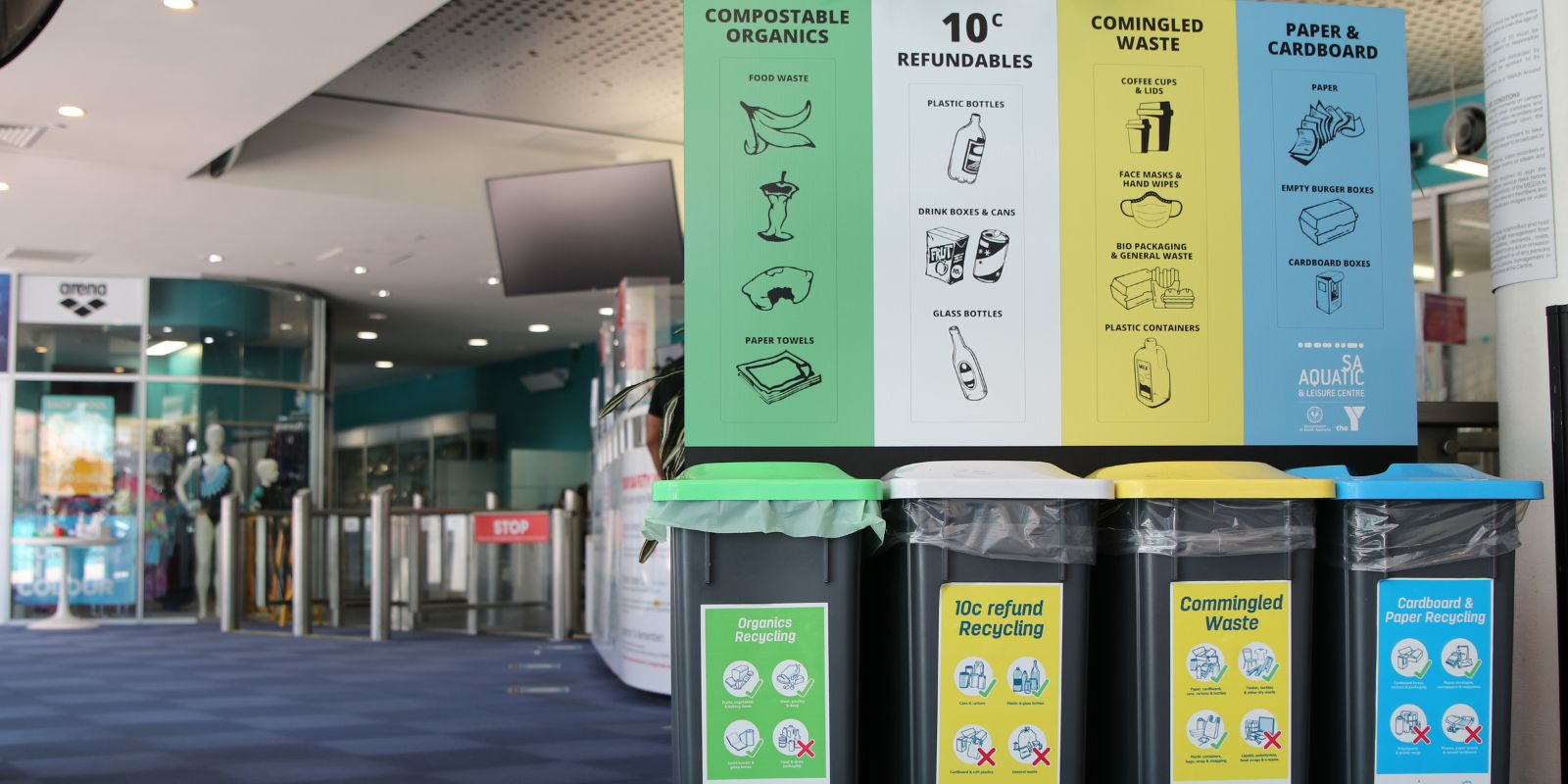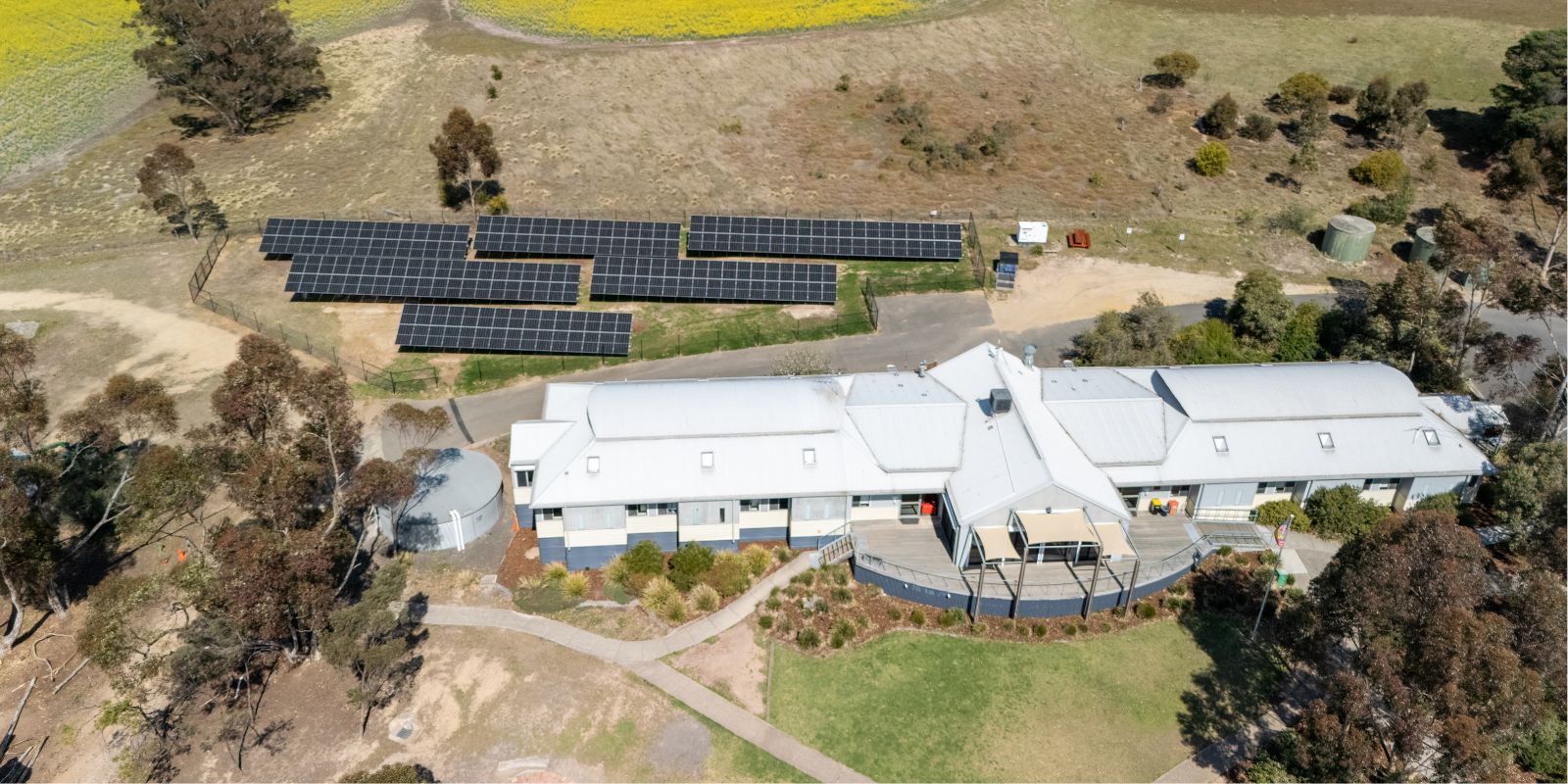
Case Study: YMCA Victoria


Company size
6000+ staff and volunteers
Industry
Community Services
Location
Victoria and South Australia, Australia
About YMCA Victoria
Before Working with Climate Zero
Community services organisations – particularly those with diverse operations such as YMCA Victoria – face unique challenges in emissions benchmarking and tracking.
With varied facilities, from large energy intensive aquatic centres to small after-school care programs, it was difficult for the Y to have a clear understanding of its carbon footprint to identify efficiencies and opportunities on the path to decarbonisation.
Why YMCA Victoria Looked for Help
YMCA Victoria needed the right support to help the team with navigating the complexities of its carbon baselining and assist the Y to develop a plan to reduce its environmental impact and position itself as a proactive carbon reduction partner to communities, local councils, schools, and government bodies alike.
It needed:
- Detailed organisational and operational boundary scoping.
- A thorough baseline emissions assessment.
- A science-based emissions reduction strategy.
- Customised emissions data collection to accurately measure and manage its carbon footprint ongoing.
YMCA Victoria’s Decision-Making Criteria
YMCA Victoria needed sustainability partners who could simplify the seemingly complex path to decarbonisation. Initially, it engaged Build Enviro and Rewild Agency, who completed a baseline emissions assessment and developed an emissions reduction strategy to identify opportunities to reduce the organisation’s climate impacts.
From here, YMCA Victoria needed the right carbon accounting platform to measure and manage emissions moving forward. Its decision-making criteria for a carbon accounting partner included:
- Configurable locations with the ability to track various facilities.
- Robust accurate software configured to track facilities’ specific energy usage and waste patterns.
- A local team to ensure smooth implementation and ongoing support for staff.
- A user-friendly interface that staff could easily navigate.
- List ItemClear reporting features to monitor sustainability progress.
Benchmarking performance


After Working with Climate Zero

